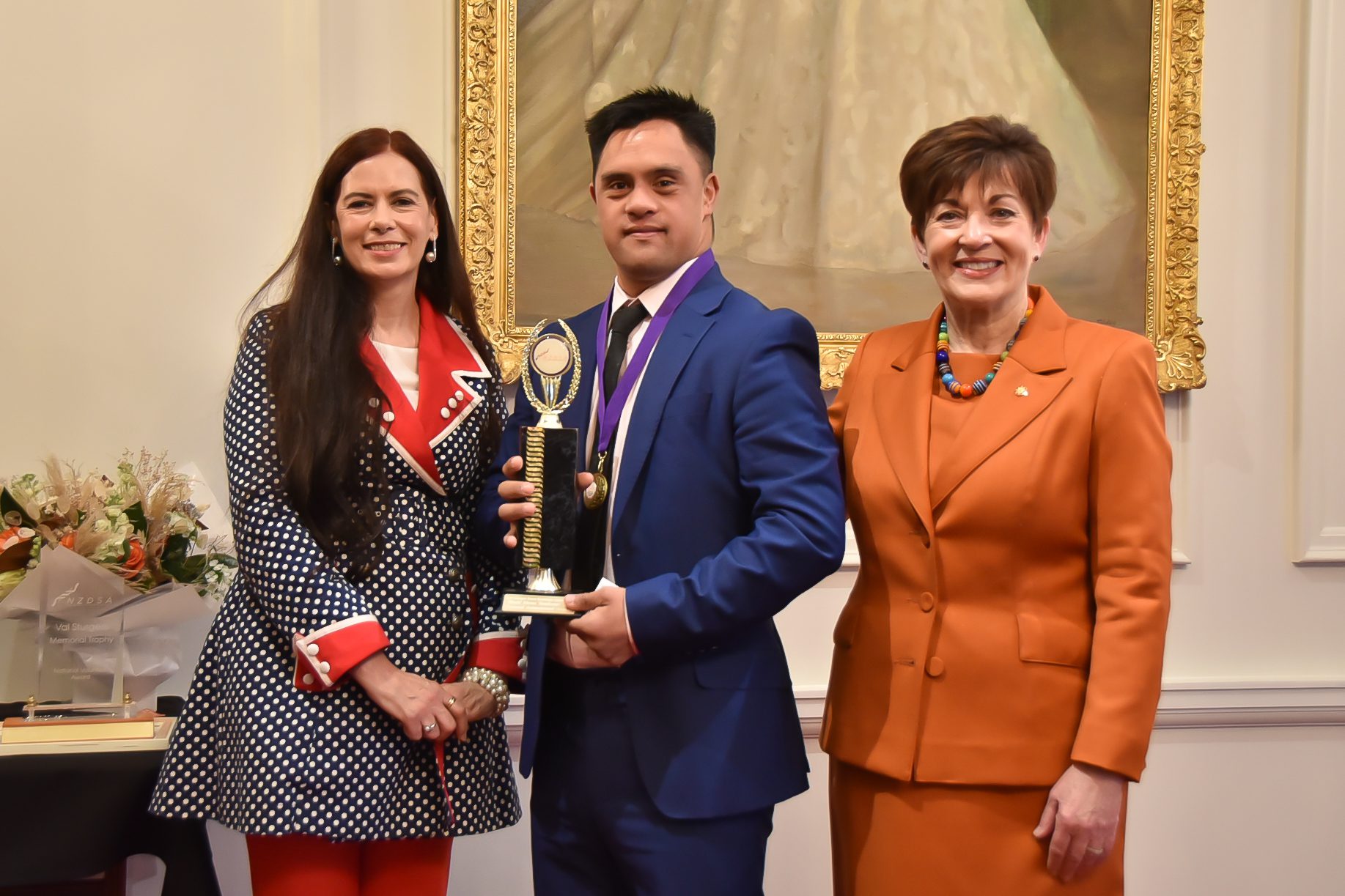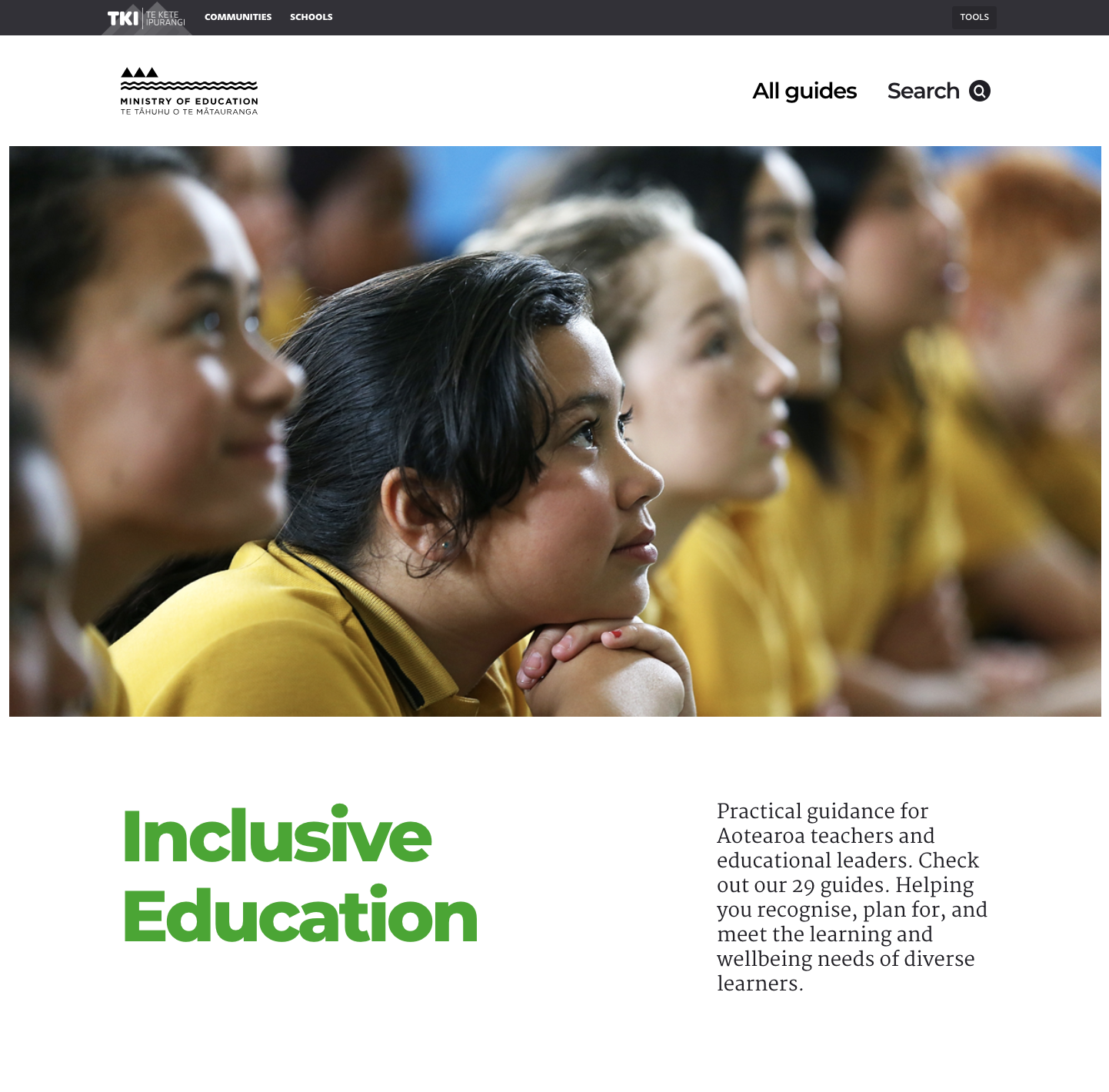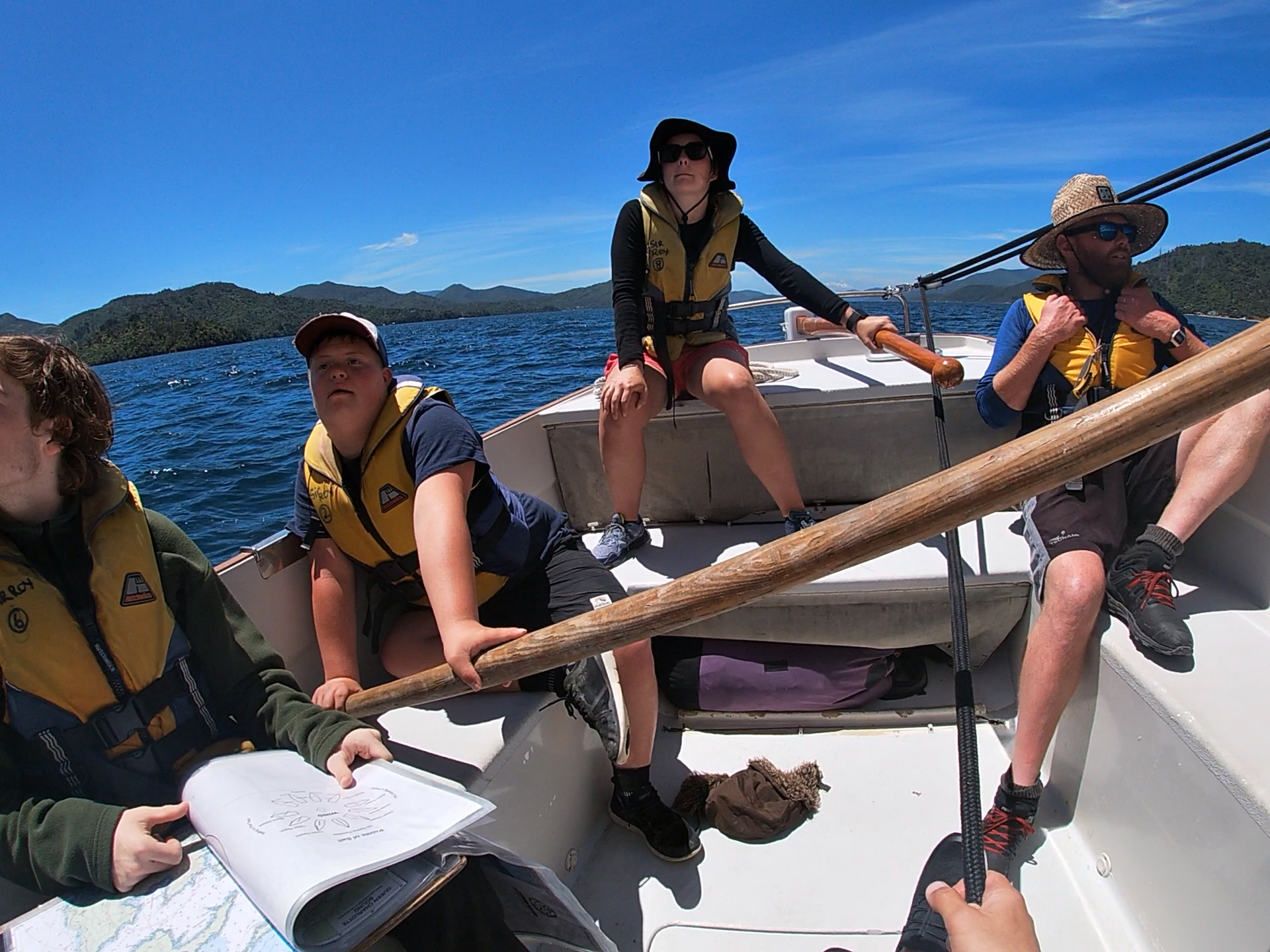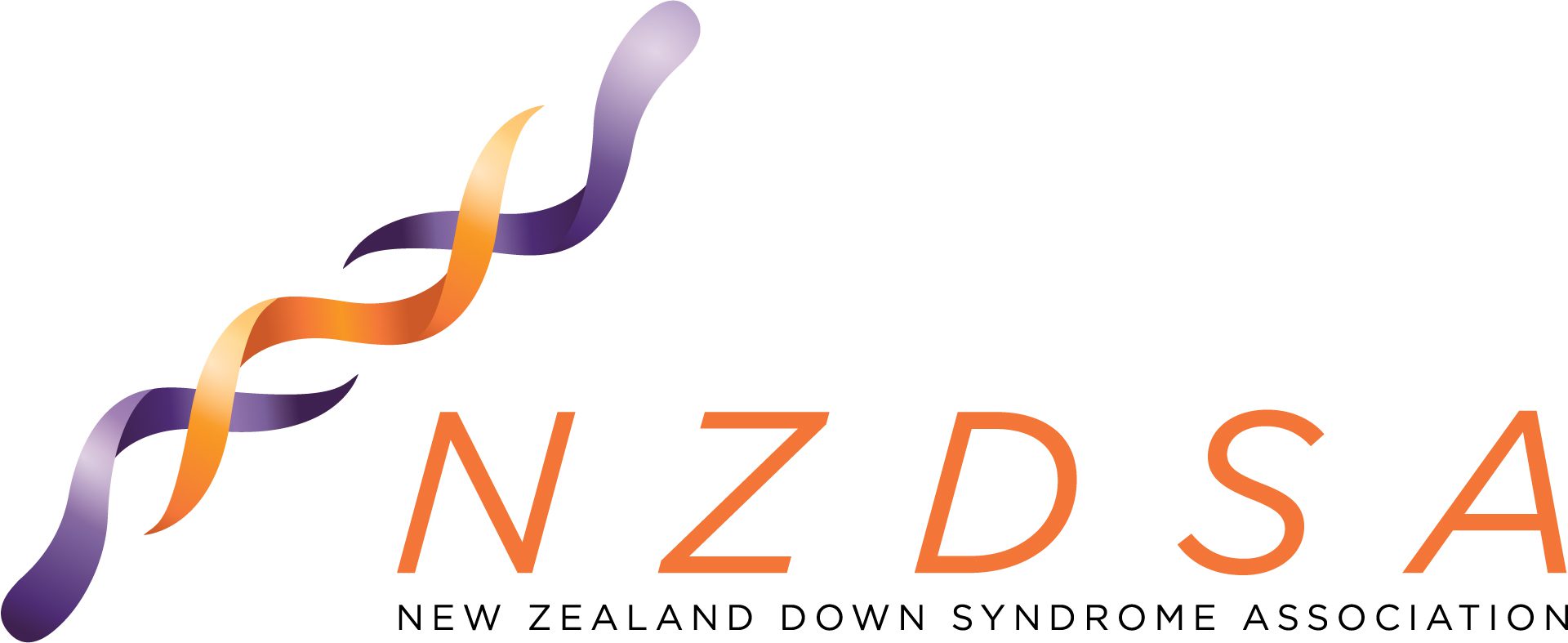
Jacob Dombroski, a man of many talents
Jacob Dombroski is an incredibly talented young man. James Webber from the Wellington Down Syndrome Association wrote the following nomination to describe Jacob’s achievements. Jacob is well known in the Wellington region and nationally. He has a passion for people...Rochelle for FB

Learning support resources to help your child in education
The Ministry of Education website offers a wide range of resources on different topics for learning support on their section Te Kete Ipurangi. Under the section Learning Support, the site offers a host of resources your family, school or teacher may find helpful. The...
Jayden enjoys his Outward Bound adventures
By Jayden Norrish Earlier this year I went on the first youth horizon course which was held by Outward Bound and adapted to suit teenagers with special needs. This was a sponsored course organized by Outward Bound. We got up early and travelled to the Auckland Airport...
